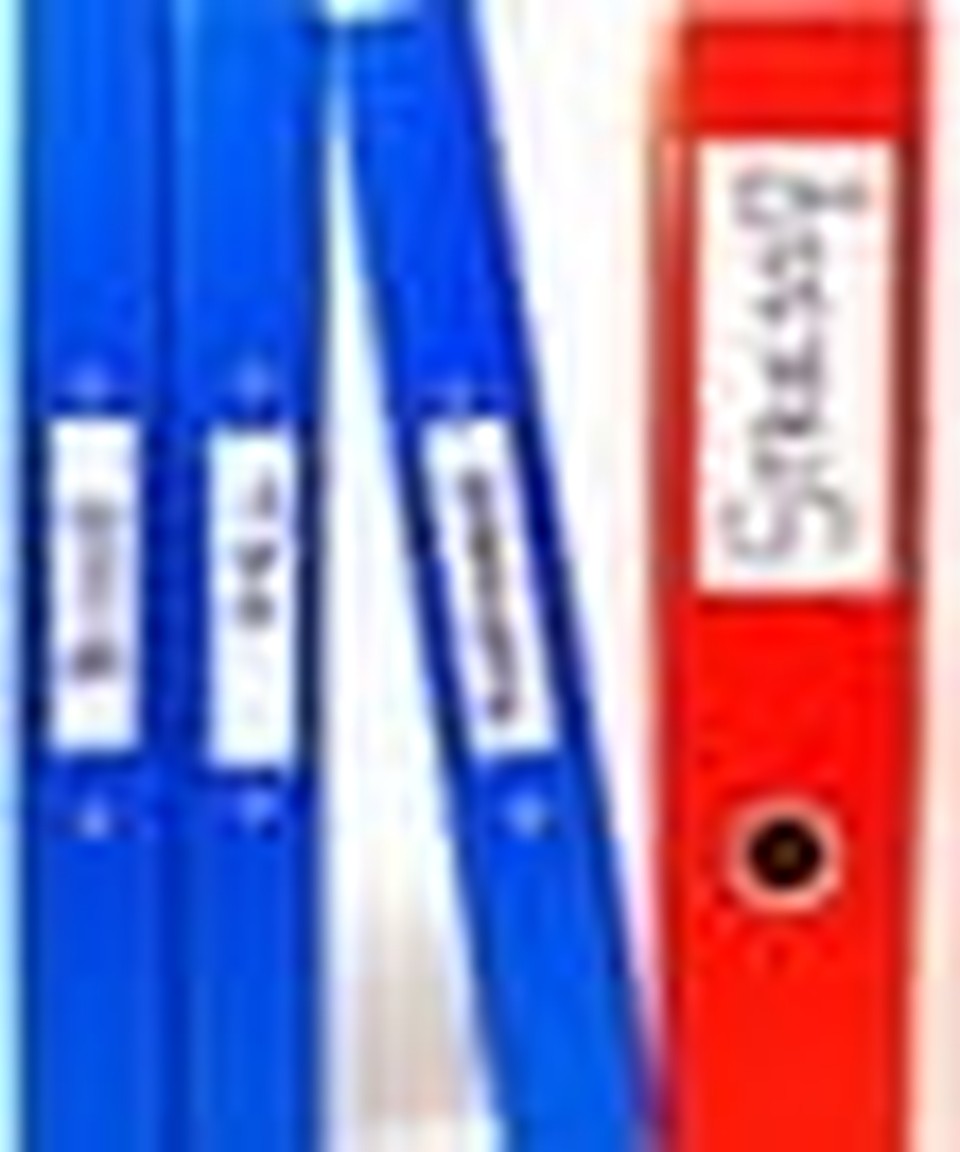Keeping Up With the Bills (and Still Saving)

Dear Deborah,
I sure wish I had a savings account, but it seems I can never get ahead. I’m barely keeping up with the bills, and I don’t have much left over after paying them. I’m feeling stuck. - Ron
You say you wish you had a savings account. That’s a great goal and it’s likely that it is attainable.
However, keep in mind that sometimes self-defeating statements get in the way of accomplishing one’s goals. As stated in your first sentence, you “can never get ahead.” You’re telling yourself and others of your limiting belief, then you’re living within that limiting belief. As wise King Solomon said, “For as a man thinks in his heart, so is he” (Proverbs 23:7).
If you want to have a savings account, you’ll need to get serious about it. Justifying why you cannot save can get in the way of your ability to come up with positive solutions.
Rather than focusing on your problems, focus instead on ways to begin saving for future needs. You’ll be pleasantly surprised at how you will be able to come up with workable answers.
Think of all the benefits of having some money set aside in your savings account. It didn’t come easily. This is something you worked hard for. As a result, with work comes opportunity and dignity.
When you have unexpected expenses or bigger bills, you won’t need to reach for the credit card, beg, or borrow. You will have fewer money worries and a lot more peace of mind.
First of all, examine your money-spending patterns. Which ones are working well and which ones can be improved upon? What life patterns keep you from moving ahead financially? Is the amount of debt owed a large, or growing, portion of monthly expenses? Past consumer decisions and purchases have led you to where you are now.
Next, to begin saving for the future, cut expenses and/or increase income. If you’ve needed to charge for monthly expenses, it’s likely that you’re spending more than you earn. Look for workable ways to adjust and reduce monthly cash-flow. Find ways to keep more of your take-home pay. Continue to reduce expenses in a manageable way while paying down debt.
Then, open a savings account with a small deposit. Decide to pay yourself first every payday. If your earnings are automatically entered into your checking account, have a small amount of funds automatically transferred from checking to the savings account. The dollars transferred can be 5% of take-home pay and later increased to 10% or higher.
Stash your cash and leave it alone. When there’s a raise or extra income, move it to savings. Just as you wouldn’t touch your umbrella unless it’s raining, don’t touch your savings, unless it’s for unexpected expenses or planned ones (such as education, car or home repairs).
As we become more aware of our spending patterns, we will look for ways to make positive changes in our budgets. Spending money wisely and saving for future needs becomes a satisfying way to live. We can all find ways to remove the roadblocks to more financial freedom.
Copyright 2013 Deborah Nayrocker. All rights reserved. Permission to reprint required.
Deborah Nayrocker writes on personal money management topics, showing others how to take control of their financial future. Deborah is the author of The Art of Debt-Free Living and Living a Balanced Financial Life.
Publication date: August 16, 2013
Originally published August 16, 2013.







